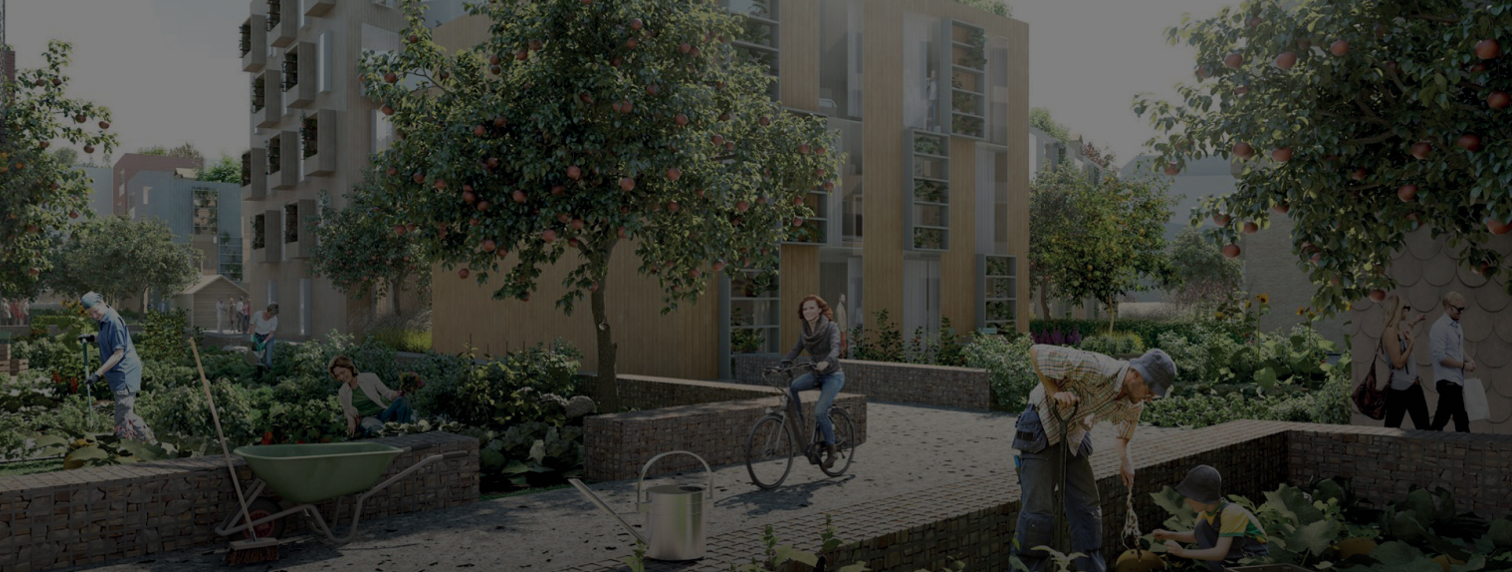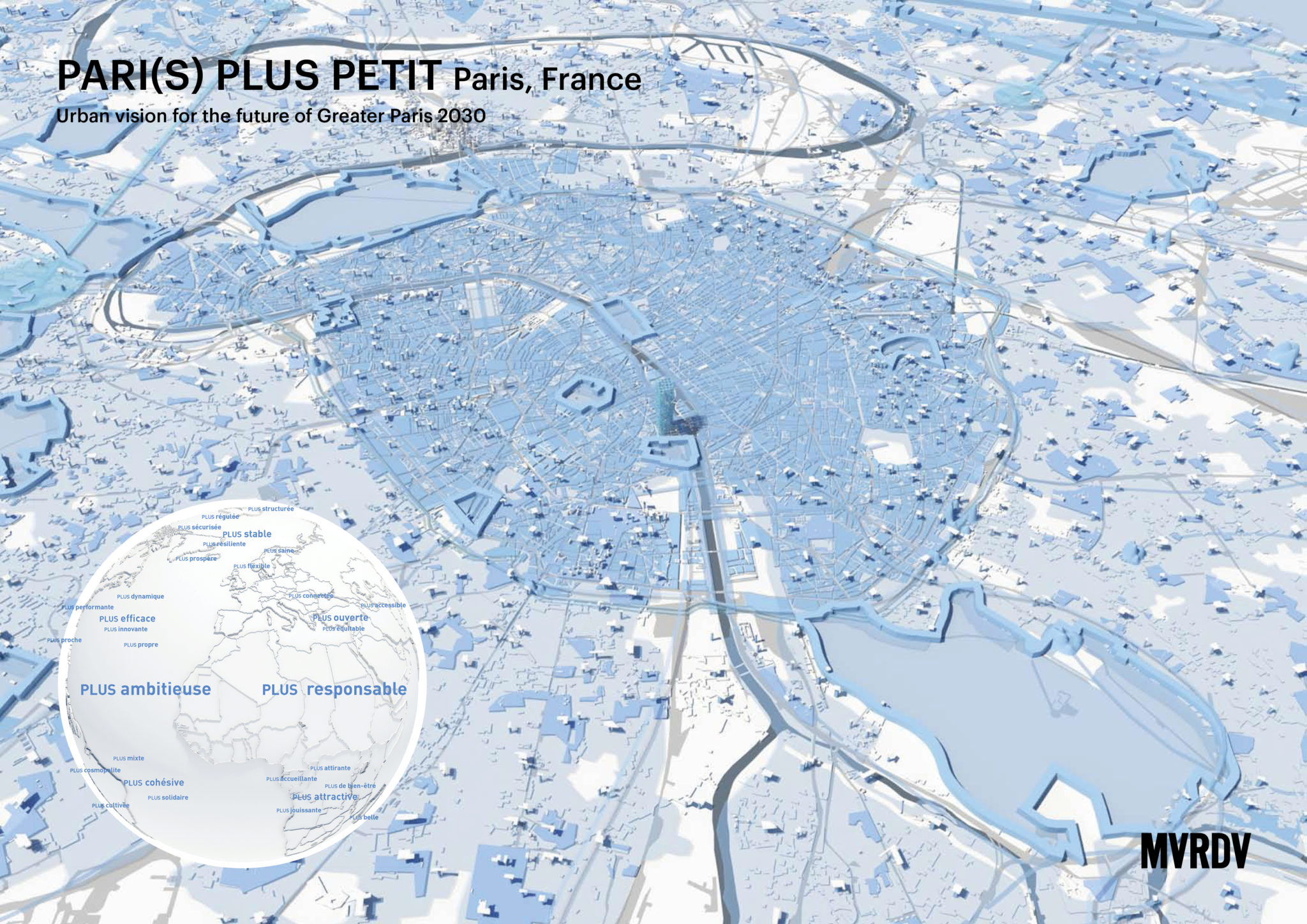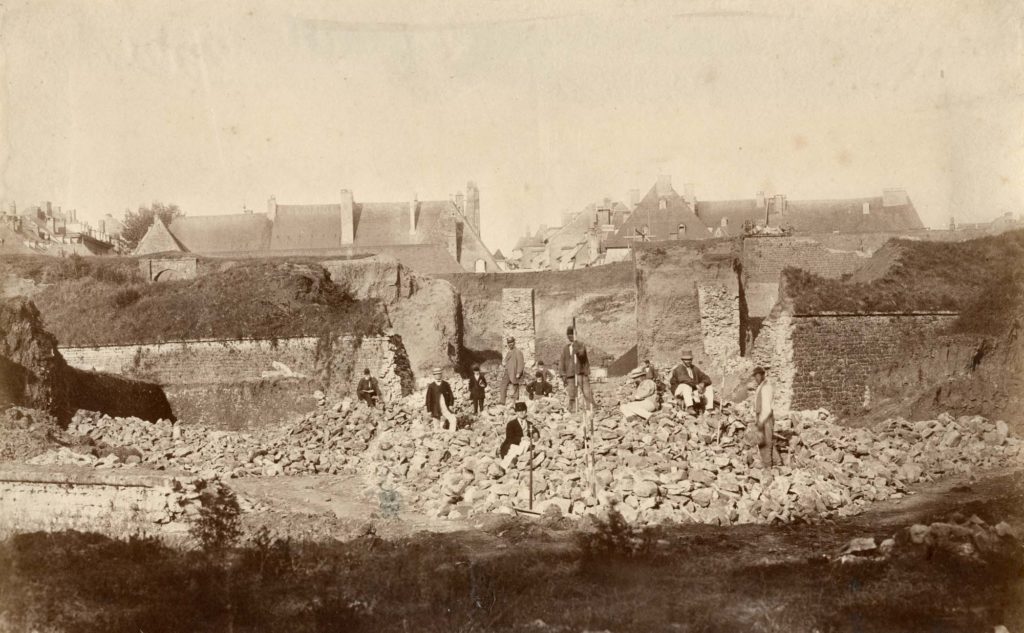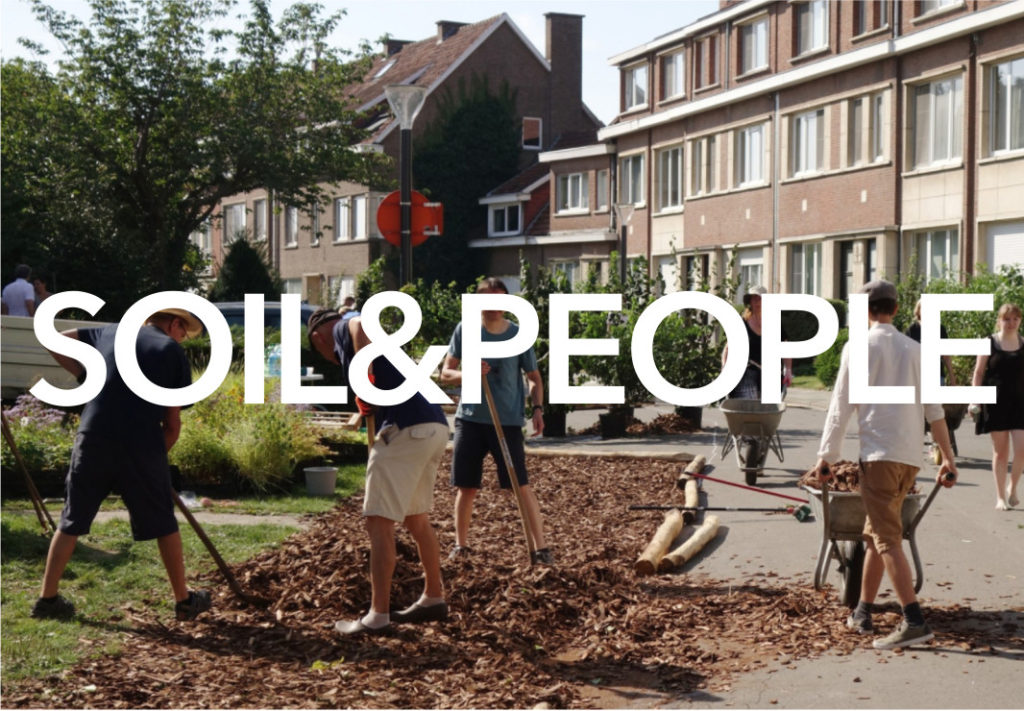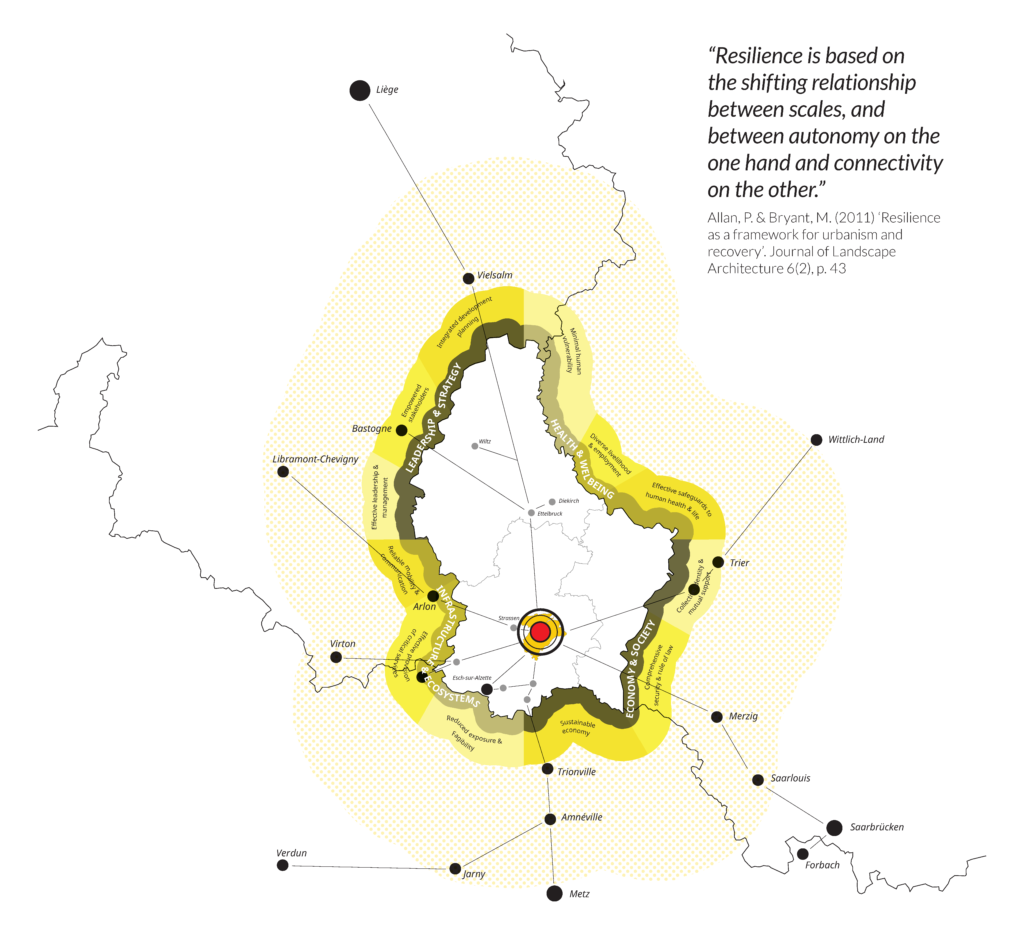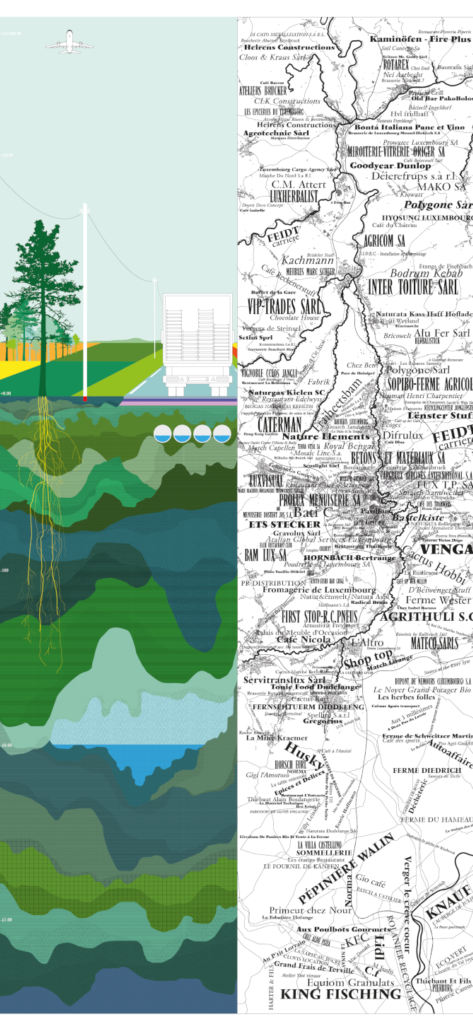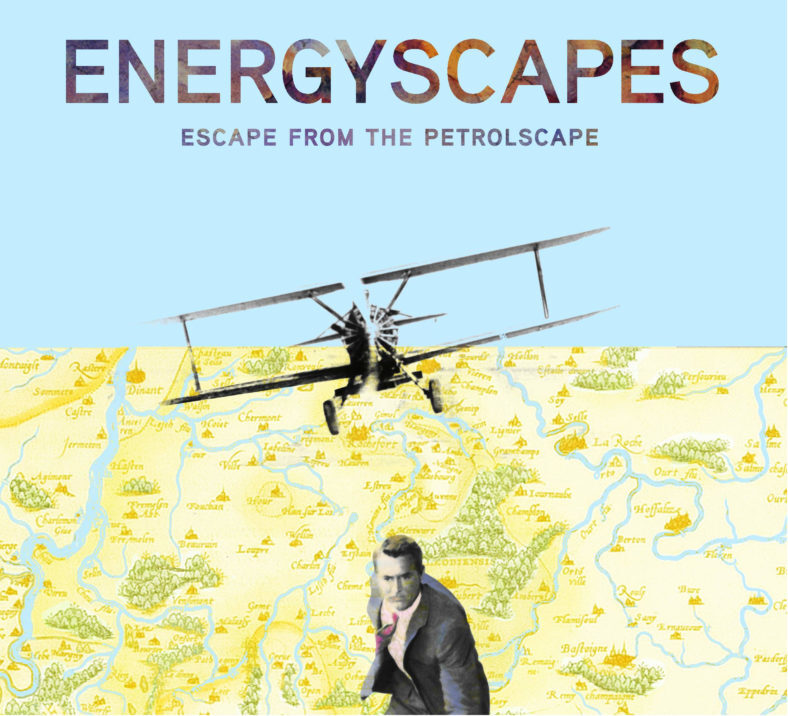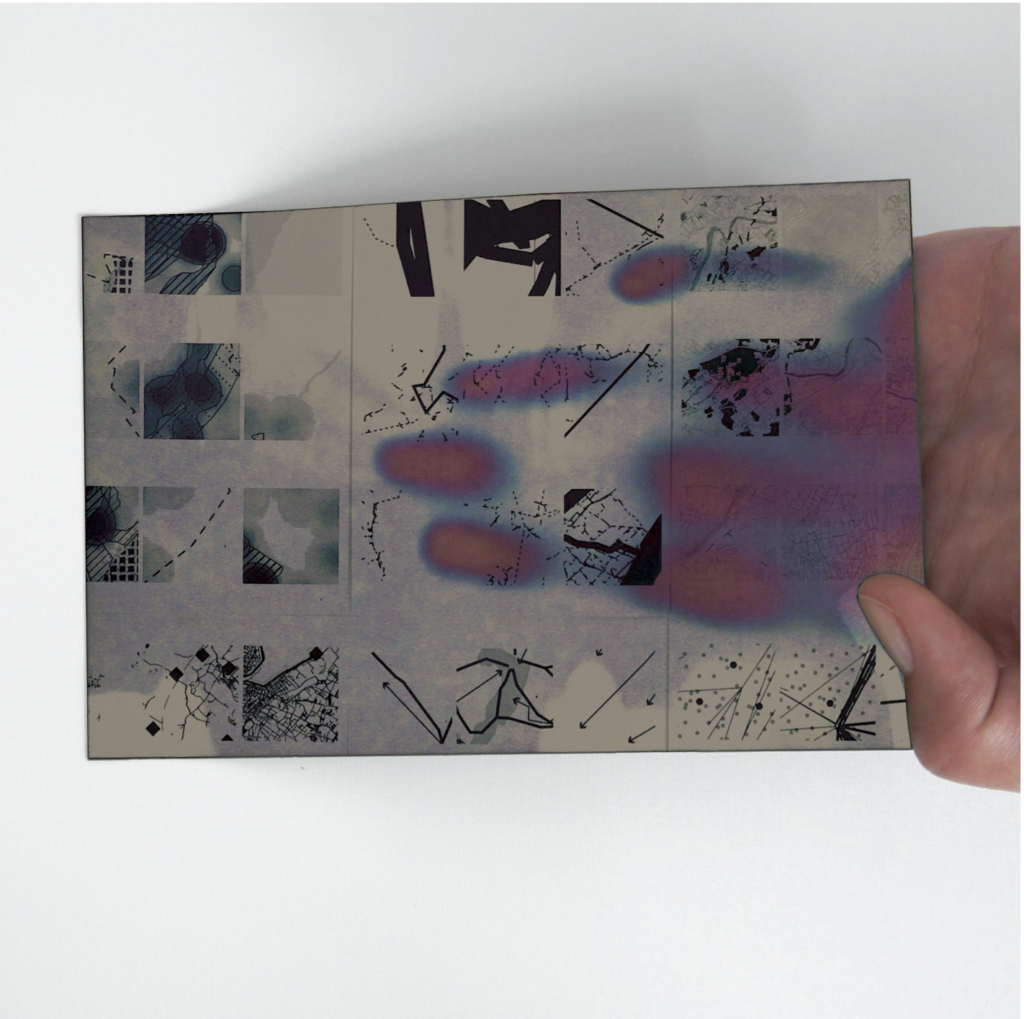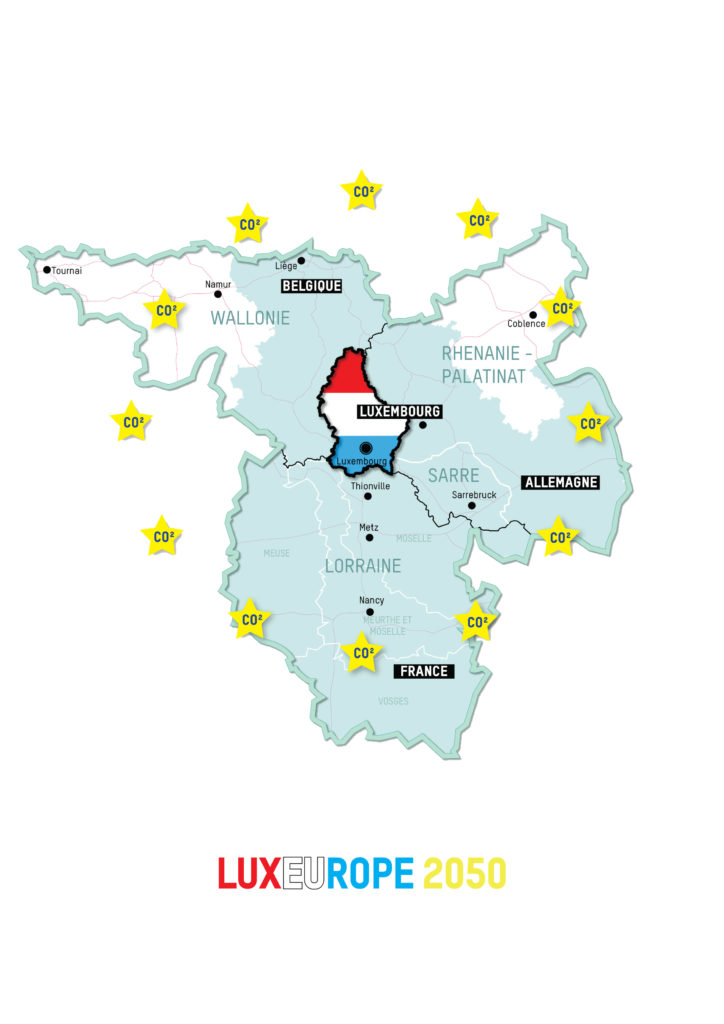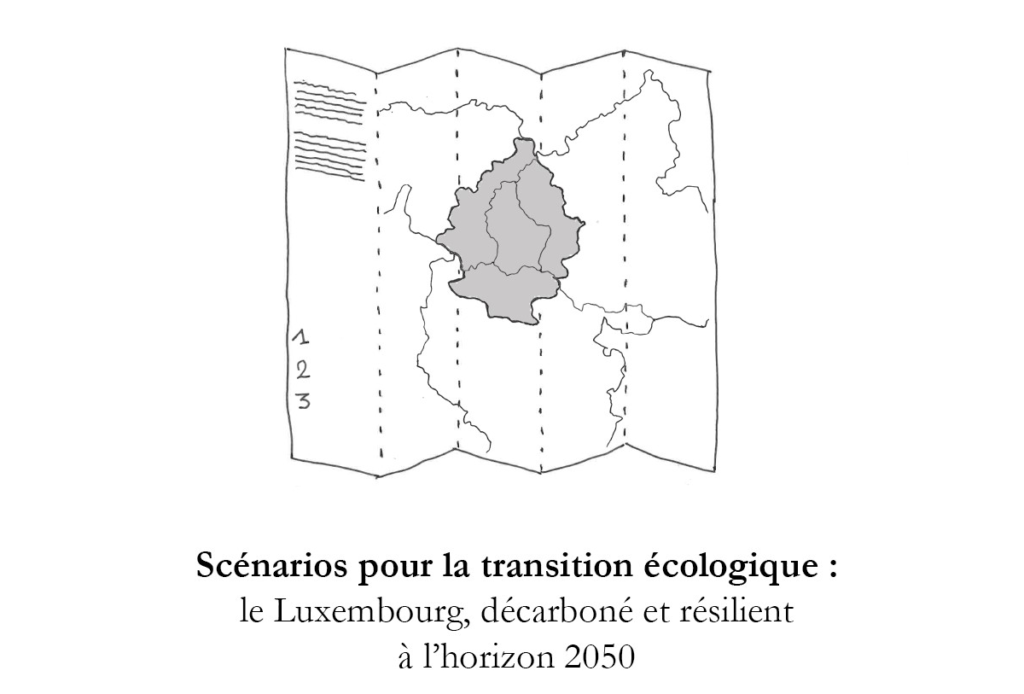A huge call for action gathering 10 international teams of participants from various fields (such as architecture, urban planning, sociology, biology, etc.) and a citizens’ committee addressing the challenges related to ecological transition.
Teams & works
Finalists
Teams' manifesto
BK2050 Citizens' Commitee
Consultation bodies
Teams & works
Paysage Capital
Beyond Lux(e)!
A guide to repairing a broken territory
Soil & People
Growing beyond borders & closing the loop
Infrastructures biorégionales : matières, circuits, coalitions
Energyscapes
Métaboliser les réseaux du territoire
Luxeurope 2050 : le grand-duché en transition
Une vision pour le Luxembourg – europe, terre
Finalists
Teams' manifesto
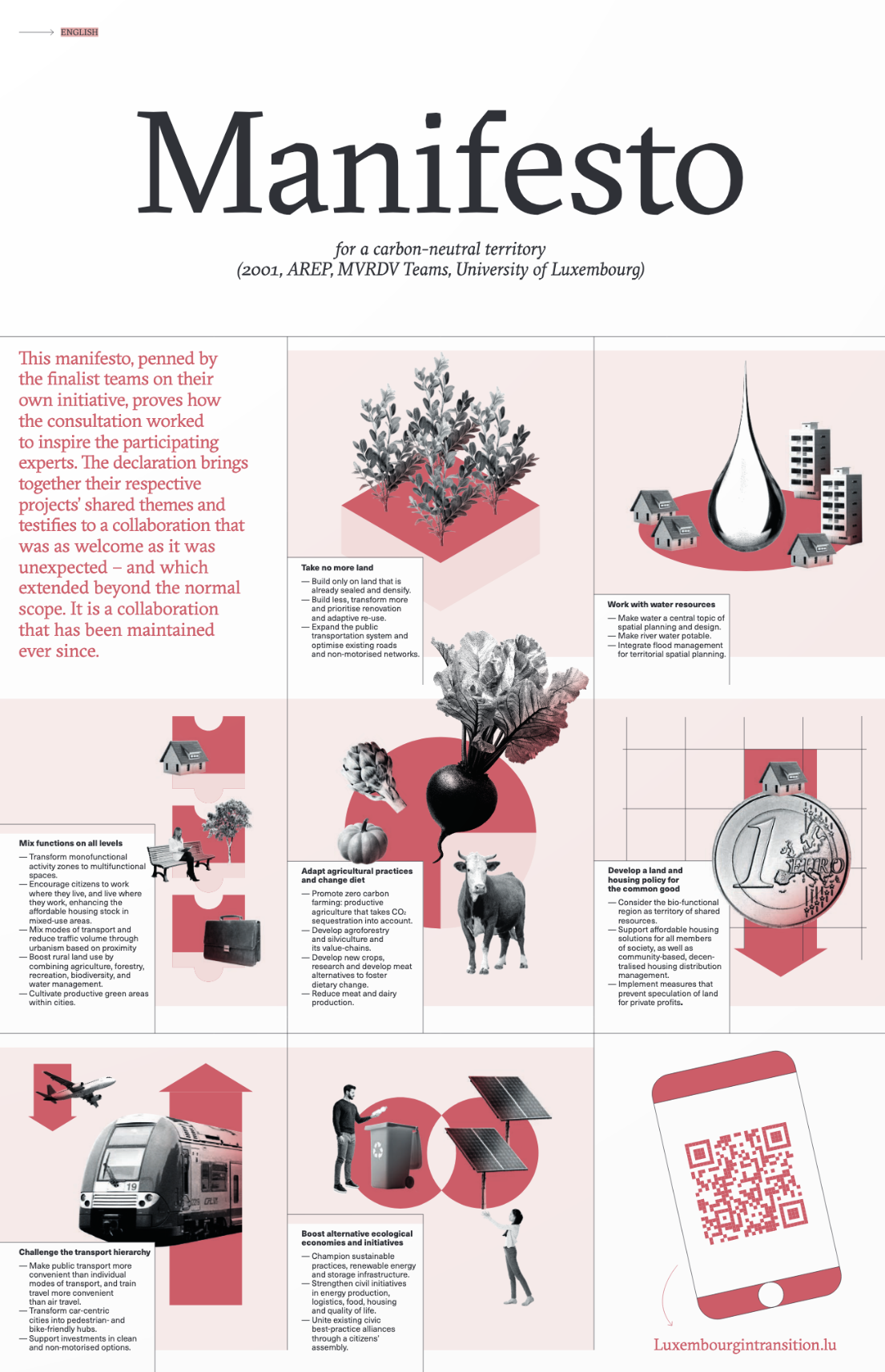
Open the manifesto
Download the pdfBK2050 Citizens' Committee
Luxembourg in Transition was a process in which 10 international multidisciplinary teams of architects, urban planners, landscape designers and other industry professionals were, between mid-2020 and the end of 2021, envisioning scenarios and proposals for how the territory of Luxembourg and its cross-border territories can achieve carbon neutrality by 2050. The Department of Land-use Planning of the Ministry of Energy and Land-use Planning has decided to accompany this process with a Citizens’ Committee, the Biergerkommitee Lëtzebuerg 2050.
Missions
The Biergerkommitee Lëtzebuerg 2050 was tasked with:
- discuss and evaluate the results of the different phases of Luxembourg in Transition;
- be available to provide feedback to the various expert teams;
- develop an understanding of how Luxembourg should position itself to achieve climate neutrality by 2050;
At the end of the process, addressed recommendations to political decision-makers, contributing to the development of the Programme directeur d’aménagement du territoire (PDAT).
Program
The members of the Citizens’ Committee had the opportunity to, throughout 2021, attend some twenty conferences, discussions, exchanges, and information sessions on various aspects of land-use planning, both digitally and in person. (Inter)national experts discussed a wide range of themes and issues together with the members of the Citizens’ Committee such as mobility, housing, water management, and climate change so that they can assess the complexity of the challenges that lie ahead.
Selection of participants
The research institute TNS Ilres has been commissioned to appoint the 30 participants and the 10 substitute candidates forming the committee. From an existing database of 18,000 names, a random selection of people was invited by e-mail to apply, alongside a public call launched on the 4th of December 2020, both on social networks and in public media.
Based on the applications received, TNS Ilres has assembled a group of people who best reflect the diversity of the Luxembourgish population taking age, gender, level of education, professional background, and country of origin into account.
5 out of 30 participants are cross-border commuters since they are also affected by current land-use planning decisions.
Organisation
The Biergerkommitee Lëtzebuerg 2050 was coordinated and moderated by a secretariat, a task the Department of Land-use Planning has assigned to Stoldt Associés, Luxembourg.
Results
On the 18th of January 2022 the Citizens’ Committee presented the results of their deliberations to Claude Turmes, Minister for Energy and Regional Planning, in the presence of Carole Dieschbourg, Minister for the Environment, Climate and Sustainable Development, Lex Delles, Minister for Small and Medium-Sized Enterprises, Franz Fayot, Minister for Economy, and Henri Kox, Minister for Housing.
Consultation bodies
Luxembourg in Transition involved three bodies responsible for monitoring the overall process: the Interministerial Committee, the Advisory Committee and the Scientific Committee, set up to provide advice and support. The interim and final reports were submitted to the Scientific Committee for a detailed evaluation, which was accompanied by opinions from the Interministerial and Advisory Committees. In parallel to this, a Citizens’ Committee/Biergerkommitee Lëtzebuerg 2050 was put in place the 18th of January 2021.
The Scientific Committee
In order to ensure the quality of the results, the DATer entrusted the scientific management of the consultation (Dr. Panos Mantziaras, architect-engineer, Director of the Braillard Architects Foundation, Geneva; Dr. Roselyne de Lestrange, landscape architect, lecturer at the Catholic University of Louvain) with the design of the specifications, and then of the multi-disciplinary and multi-player system, backed up by a rigorous process. This system was made up of a scientific committee, an Advisory Committee and an Interministerial Committee. Their contributions were coordinated throughout the process to ensure greater clarity and efficiency. The Scientific Committee issued a detailed opinion on the 41 applications from all over the world, on the basis of which the DATer selected the 10 teams for the first phase of the consultation. The teams’ reports were then submitted to the Scientific Committee for detailed evaluation, which was accompanied by the opinions of the Interministerial Committee and the Advisory Committee. In addition to these three bodies, the Biergerkommitee Lëtzebuerg 2050 was set up on 18 January 2021.
The Interministerial Committee
Under the direction of the Département de l’aménagement du territoire (DATer), the composition of the Interministerial Committee was adapted as the work progresses.
The Advisory Committee
- ASTI, Association de soutien aux travailleurs immigrés;
- A representative of Syvicol;
- A representative of CSAT, Conseil supérieur de l’aménagement du territoire;
- A representative of the Chamber of Commerce of the Grand Duchy of Luxembourg;
- A representative of the Chamber of Trades of the Grand Duchy of Luxembourg;
- A representative of the Chamber of Employees of the Grand Duchy of Luxembourg;
- A representative of the STATEC, Institut national de la statistique et des études économiques du Grand-Duché de Luxembourg;
- A representative of the OAI;
- A representative of LUCA;
- A representative of the Conseil supérieur pour un développement durable;
- A representative of the IDEA Foundation de Jugendrot;
- A representative of LISER;
- A representative of Mouvement écologique;
- Representatives of partner bodies that are members of the cross-border cooperation area (Grand Est, Rhineland-Palatinate and Wallonia).
SABINE BARLES
Urban metabolism engineer
Professor at the University of Paris 1
DOMINIQUE BOURG
Sociologist
Philosopher
Honorary Professor at the University of Lausanne
OLIVIER DE SCHUTTER
Professor of International Law at the Catholic University of Louvain
LEX FABER
Developer/Urban Planner
SYLVAIN FERRETTI
Environmental Engineer
Managing Director of the Geneva Canton Urban Planning Office
MANUEL GAUSA
Architect and Urban Planner
Professor at the University of Genoa
(Member of the Scientific Committee for the Greater Geneva project)
THOMAS KALLSTENIUS
Materials Physicist
Chair and Managing Director of the Luxembourg Institute of Science and Technology
FRANÇOIS GEMENNE
Specialist in Environmental Geopolitics and Migration Dynamics, University of Liège
CAROLA HEIN
Architect and Historian
Professor at Delft University of Technology
(Member of the Scientific Committee for the Greater Geneva project)
SONIA LAVADINHO
Researcher and future-oriented consultant in the areas of urban planning and mobility, property development and commercial vitality
BERTRAND LEMOINE
Architect and Engineer
President of the French Academy of Architecture
Former Director of the Greater Paris International Workshop
CHRISTINE MULLER
Architect
DENIS SCUTO
Historian
Vice director of the Luxembourg Centre for Contemporary and Digital History (C²DH)
SUSANNE SIEBENTRITT
Professor, Photovoltaic Laboratory, University of Luxembourg
MARJOLEIN VISSER
Interfaculty School of Bioengineers, Free University of Brussels
